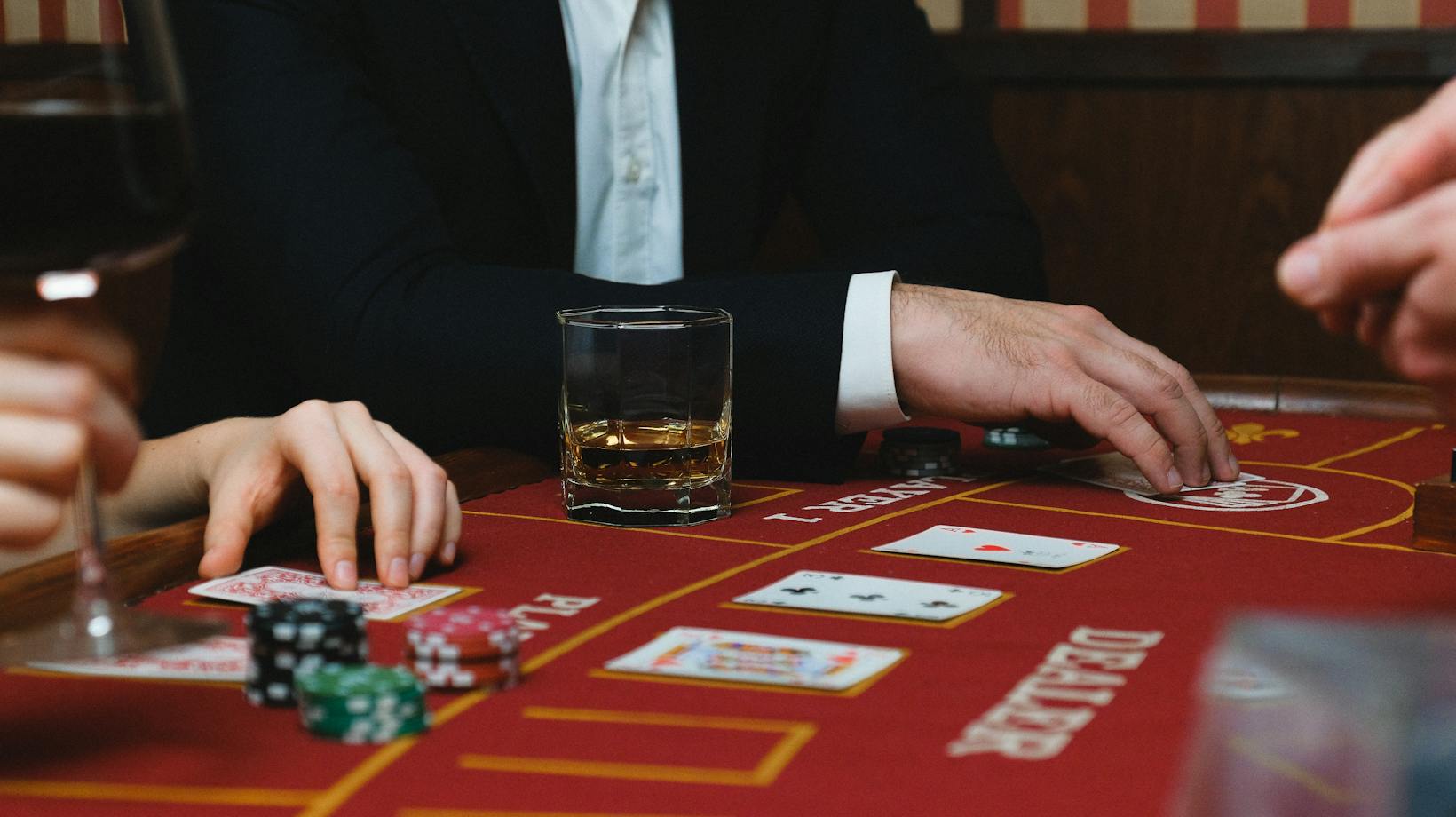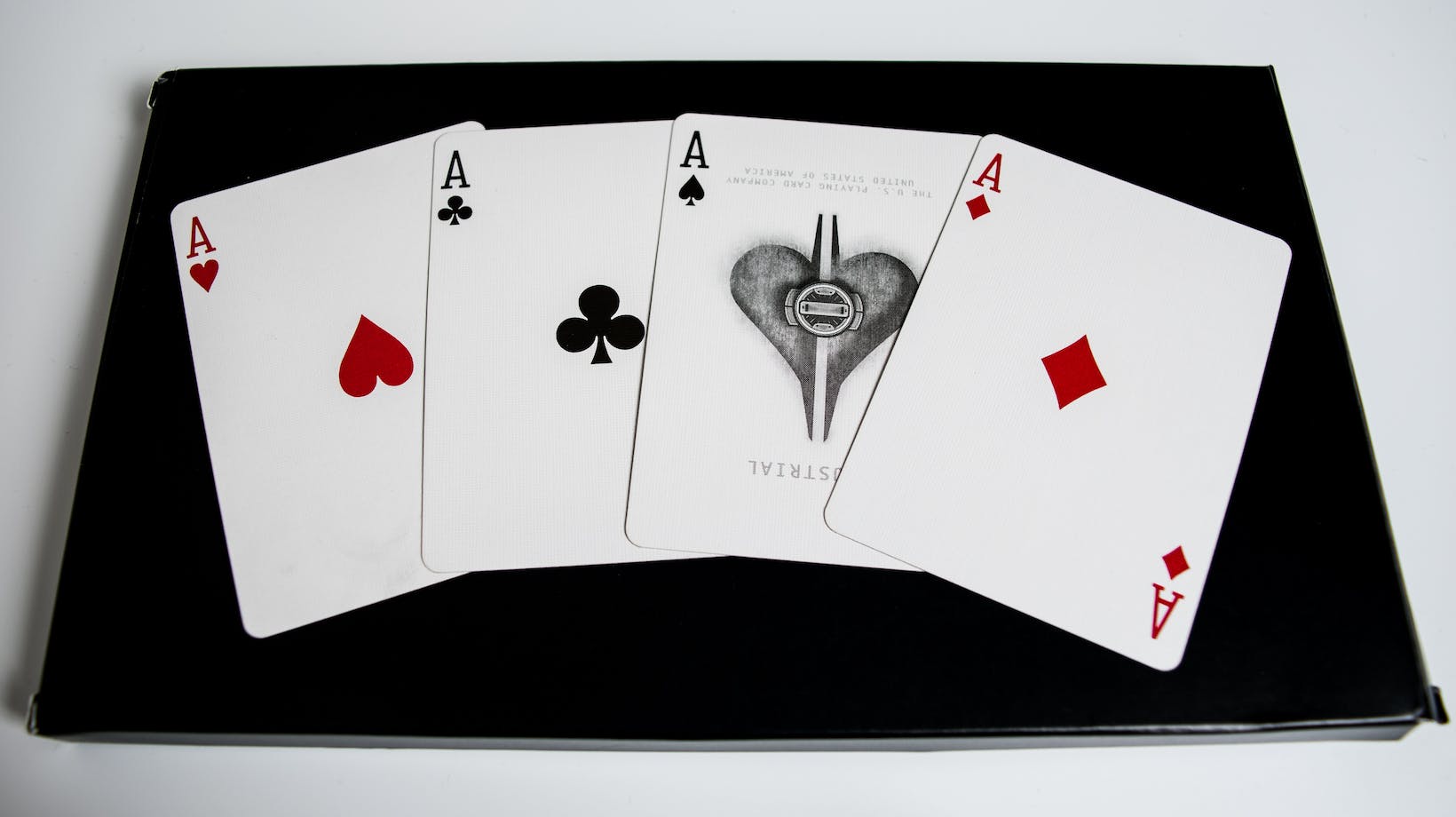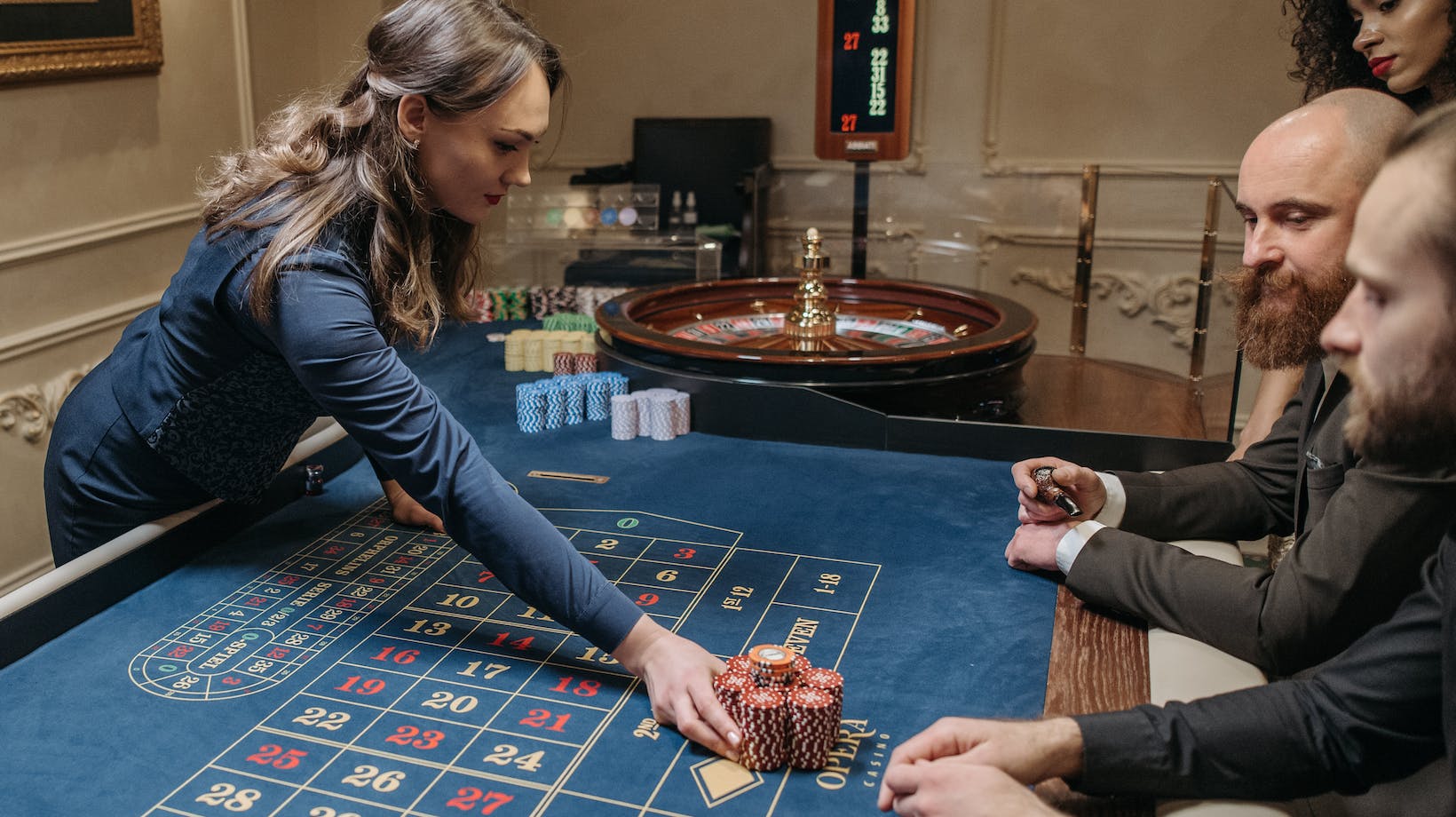
Bluffing is an art form that has been central to the world of gambling for centuries. Whether you’re a seasoned Wunderino Deutschland poker player or trying your hand at other casino games, understanding the nuances of bluffing can be a game-changer.
Table of Contents
ToggleMastering The Art of Bluffing: A Comprehensive Guide
The Psychology
Bluffing is not merely about making bold bets; it’s a psychological game. To succeed, you must understand the psychology of both your opponents and yourself. Pay attention to the following aspects:
- Player Profiles: Observe your opponents’ tendencies and playing styles. Are they conservative or aggressive? Do they fold easily or rarely?
- Table Image: Cultivate a table image. If you’ve been playing conservatively, a well-timed bluff can catch your opponents off guard.
- Emotional Control: Keep your emotions in check. An overly emotional player is more likely to give away the truth behind their actions.
Choosing the Right Moments
Effective bluffing is all about timing. Consider the following situations:
- Loose Players: Bluffing is more likely to work against loose players who play many hands and are less selective.
- Tight Players: Bluff sparingly against tight players who are more discerning in their hands.
- Late Position: Bluffing from a late position gives you the advantage of seeing other players’ actions before making your move.
- Dry Boards: Bluff when the community cards on the table do not favor strong hands.
Varying Your Bluffing Frequency
Consistency is your enemy. If your opponents can predict when you’re bluffing, your bluffs become less effective. Mix up your bluffing frequency to keep your opponents guessing.
Sizing Your Bets Appropriately
The size of your bet can convey valuable information about your hand in a game of poker. A modest bet might signal weakness, whereas a substantial one could imply strength.

It’s essential to adapt your bet sizes to align with your strategic intentions and the message you want to convey to your opponents.
Exploiting Your Table Image
Your table image can work to your advantage. If you’ve been playing tight and conservative, your opponents are more likely to believe your bluffs when you decide to make them.
Backing Up Bluffs with a Story
To make your bluffs more convincing, craft a narrative that justifies your actions. For example, if you’re bluffing, you might suggest that you’re holding a particular hand based on the community cards.
Balancing Your Strategy
Bluffing should be a component of your overall strategy, not the entire strategy. Balance your bluffing with solid, value-based play to keep your opponents uncertain.
Pay Attention to Opponents’ Tells
Just as you work to hide your tells, watch for signs of weakness or strength in your opponents. Their body language and betting patterns can provide valuable clues.
Learn from Experience
Bluffing is a skill that improves with practice. Keep records of your bluffing attempts and outcomes, and use this data to refine your strategy.
The Value of Patience And Discipline in Gambling
It’s crucial to touch upon the broader principles of patience and discipline, which indirectly impact your success and overall gaming strategy. Here’s a closer look at how different qualities may be of help not only in poker but also in casino aviator games and slots.
Patience
Patience is a virtue that can enhance your tactics. Rushing into bluffs without waiting for the right moment can lead to unnecessary losses. Patience allows you to bide your time and strike when the odds are in your favor.
Discipline in Bankroll Management
Effective bankroll management is closely tied to discipline. Without discipline, you may find yourself making larger bets or engaging in reckless bluffs that can deplete your bankroll quickly. A disciplined approach ensures you stick to your predetermined limits and betting strategies.
Emotional Control
Bluffing and emotional control go hand in hand. A disciplined player can maintain emotional stability during bluffs, preventing giveaways through nervousness or frustration. Emotions can lead to impulsive actions, which can be detrimental to your success.
Learning from Mistakes
Discipline and patience also play a role in learning from your mistakes.

Instead of becoming discouraged or doubling down on unsuccessful bluffs, a disciplined player takes the time to analyze what went wrong and adjusts their strategy accordingly.
Responsible Gambling Practices
Both patience and discipline align with responsible gambling practices. Responsible players set limits, take breaks when needed, and prioritize enjoyment over excessive risk-taking. Bluffing, while exciting, should always be done within the bounds of responsible gambling.
On a Final Note
In conclusion, mastering the art of bluffing in online casinos is a skill that can elevate your gaming experience. Bluffing adds excitement and strategy to your gameplay, but always remember that it’s just one facet of a comprehensive casino strategy.






